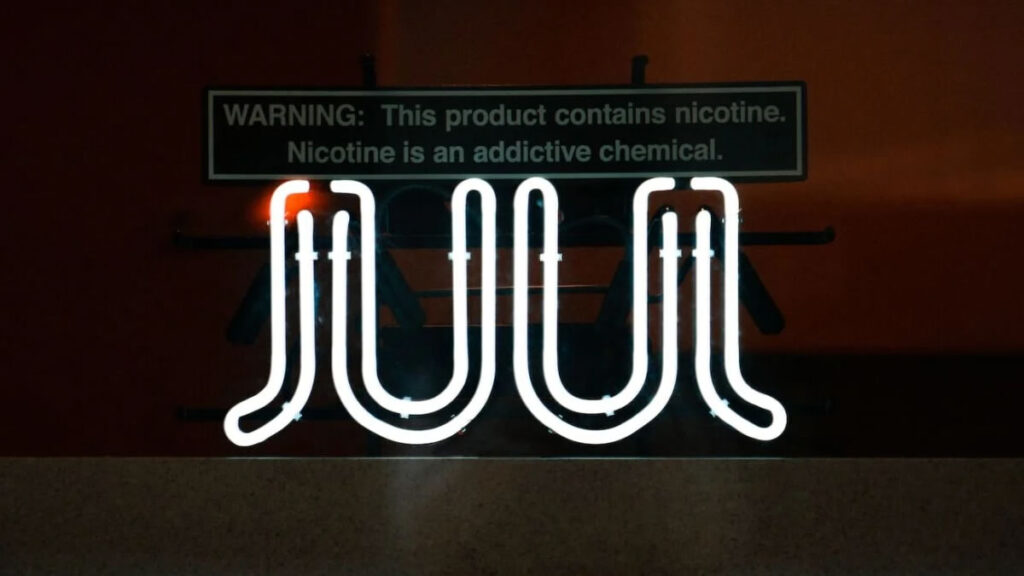The Texas Senate State Affairs Committee recently held a hearing to discuss a series of bills aimed at regulating the sale, distribution, and marketing of e-cigarette products. The debate centered around the growing concern over the appeal of these products to minors and the influx of illegal vape products from China.
Senate Bill (SB) 1698, authored by Sen. Tan Parker (R-Flower Mound), proposes the creation of an "e-cigarette directory" to ensure that manufacturers comply with U.S. Food and Drug Administration (FDA) standards and that out-of-state manufacturers and importers adhere to Texas law. Parker emphasized the urgency of addressing the issue, stating that "illegal vape products are pouring into the Texas market from China" and that these products are "engineered to attract children."
During the hearing, Parker displayed an example of a vape product that included a video game component and flavors and smells that target children. According to the 2025 Electronic Cigarette Report from the Texas Department of State Health Services (TSHS), 13.8 percent of middle and high school students have used or tried e-cigarettes, while 33.1 percent of adults have done so.
Texas has already taken steps to regulate e-cigarette use, with House Bill (HB) 4758 banning vape packaging that appeals to minors and HB 114 mandating alternative education programs for students caught possessing or using vape products on campus.
Sen. Molly Cook (D-Houston) introduced several additional bills related to e-cigarette regulation, including prohibitions on visually appealing advertisements in retailer windows, expanding restrictions on minor-attracting advertisements to include nicotine-free vapes, and extending the 1,000-foot advertising restriction near schools, churches, and daycares to include e-cigarettes.
While China dominates the global e-cigarette market, producing around 90% of e-cigarettes worldwide, the country has banned the sale of flavored e-cigarettes. All 50 U.S. states, including American territories, have banned e-cigarette use for minors, with some states implementing further regulations on retail licensing, indoor use, and taxation of vape products.
The World Health Organization has called on governments to implement strict measures to prevent the uptake of e-cigarettes, particularly among children and young people. Currently, 34 countries have banned the use of e-cigarettes altogether.
As the Senate State Affairs Committee continues to debate the proposed vape regulation bills, the issue remains contentious, with lawmakers seeking to balance public health concerns with the rights of consumers and businesses in the e-cigarette industry.

Digital Content Creator & Vape Industry Analyst
Jake Miller is a prominent voice in the American vaping community, known for his transparent, tech-focused approach to harm reduction and hardware innovation. With over six years of experience in the industry, Tyler transitioned from a hobbyist to a full-time content creator, building a loyal following through his unfiltered reviews and deep-dive technical tutorials.




